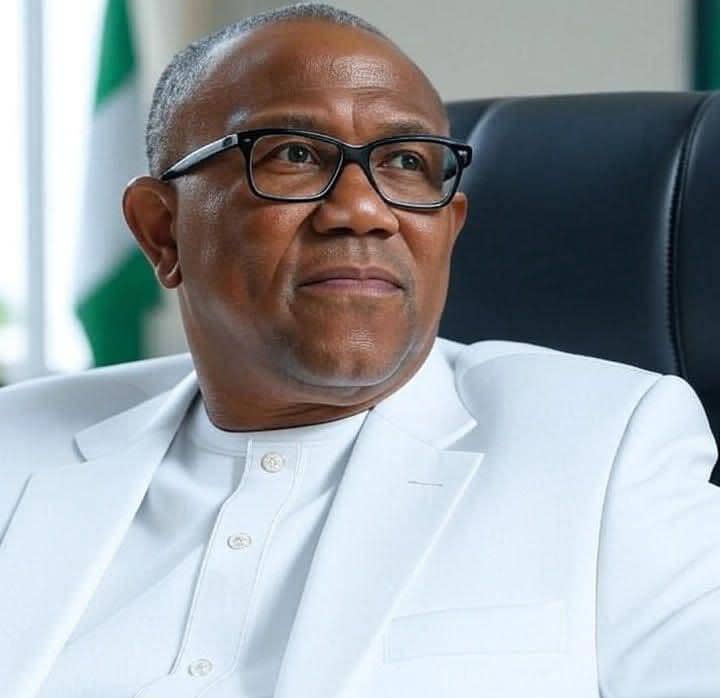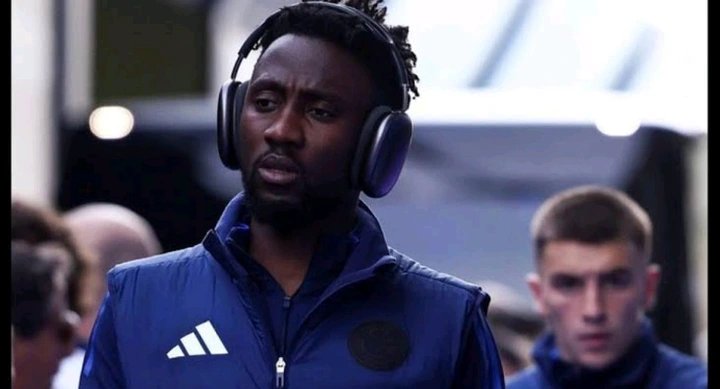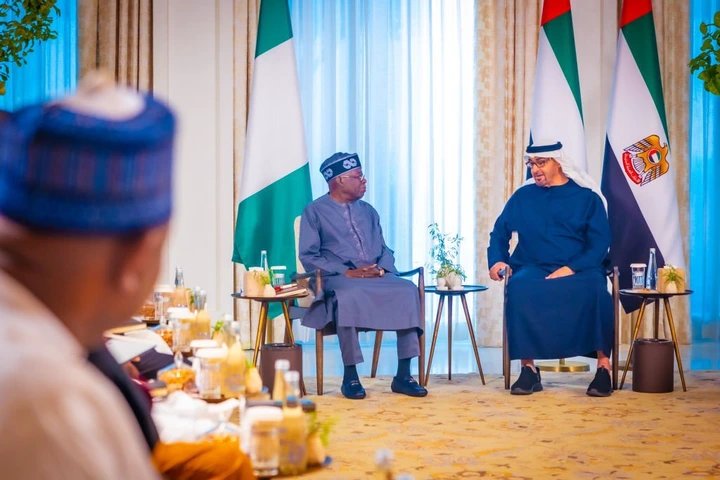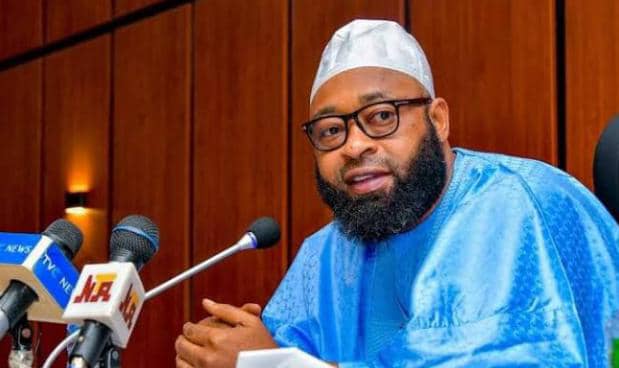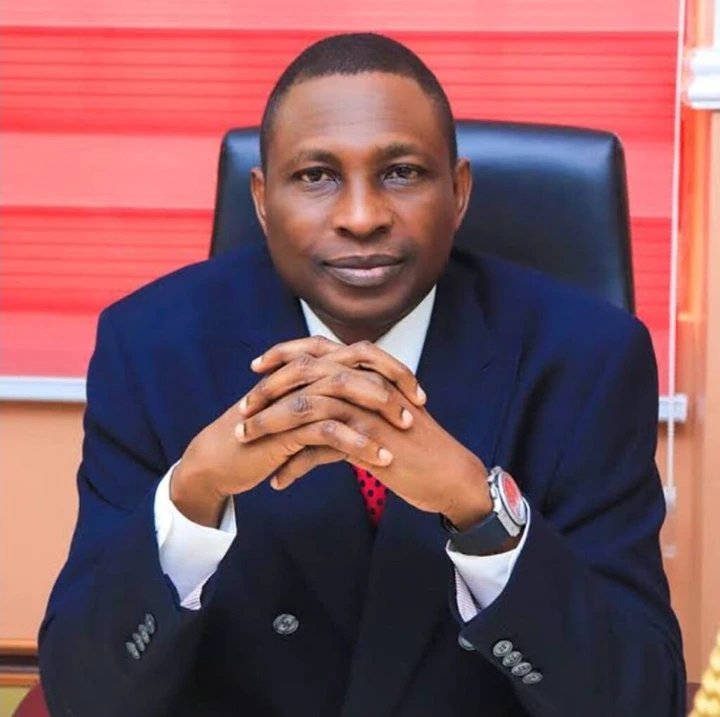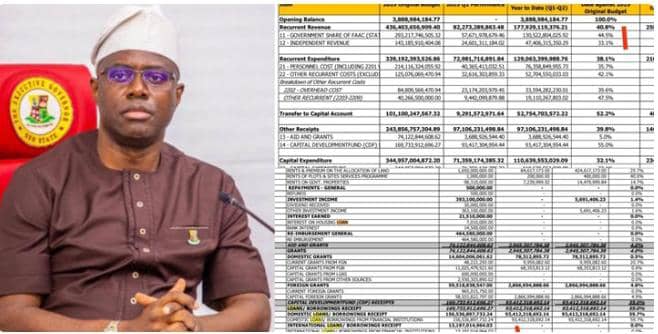Analysis
Nasir El-rufai’s political trajectory: Between reform and ruin
By Oluwadare Ayeni

By many measures, Mallam Nasir Ahmad El-Rufai represents one of the most enigmatic figures in contemporary Nigerian politics. His evolution from a technocrat in President Obasanjo’s administration to a two-term governor of Kaduna State and a power broker within the All Progressives Congress (APC) has been marked by notable achievements and deep-seated controversies. However, while El-Rufai’s early career hinted at promise and reform, his political trajectory reveals a pattern of authoritarianism, ethno-religious insensitivity, and polarizing rhetoric that has arguably undermined democratic norms and exacerbated socio-political divisions in Nigeria.
Technocracy Meets Politics: The Early Years
El-Rufai first entered public consciousness as the Director-General of the Bureau of Public Enterprises (BPE), where he was a key player in Nigeria’s privatization program under President Olusegun Obasanjo. His tenure, though controversial, won him praise for his bold stance against entrenched interests. As Minister of the Federal Capital Territory (FCT), El-Rufai took on the powerful land-owning elite and implemented a sweeping demolition campaign aimed at restoring Abuja’s original master plan.
From an academic standpoint, his early reforms could be interpreted as attempts to inject rational bureaucracy into a clientelist system. Yet even then, the seeds of an autocratic style were visible. Critics questioned the lack of due process in demolitions, and the displacement of thousands was carried out with little concern for the social consequences. His defenders lauded him as a reformist; detractors saw a man who prized efficiency over empathy.
Governance in Kaduna: Between Order and Oppression
El-Rufai’s governorship of Kaduna State (2015–2023) represented a significant shift from federal technocrat to regional political executive. It also served as the stage for some of his most controversial decisions.
Kaduna is one of Nigeria’s most ethnically and religiously diverse states. Rather than acting as a bridge-builder, El-Rufai was frequently accused of aggravating divisions. His policy of restructuring traditional leadership systems, especially in Southern Kaduna, a predominantly Christian region, was seen by many as a calculated attempt to erode the political and cultural influence of minority groups. His administration’s failure to prevent or adequately respond to repeated outbreaks of ethno-religious violence further eroded trust among citizens.
One of the most contentious episodes came in 2016, when El-Rufai admitted to paying Fulani herdsmen “to stop killing” in Southern Kaduna, a move framed as peace-building. However, this action was widely condemned as legitimizing violence. By offering monetary settlements rather than justice, the government effectively rewarded criminal behavior, undermining rule of law and encouraging impunity.
Authoritarian Tendencies and Democratic Erosion
Across his tenure, El-Rufai displayed increasing authoritarian tendencies. From a governance perspective, he favored a top-down approach marked by intolerance for opposition. Civil society groups, journalists, and political adversaries often found themselves targeted through legal threats, arrests, or public ridicule. A democratic culture thrives on dissent, but El-Rufai’s Kaduna became a cautionary example of executive overreach.
His presence on social media amplified these tendencies. On multiple occasions, he issued inflammatory statements, including a widely criticized threat in 2019 to kill foreign election observers who interfered in Nigerian politics. Such rhetoric not only damaged Nigeria’s diplomatic image but also reflected a broader disregard for political pluralism and decorum.
Internal Party Politics, the Tinubu Rift, and a Growing Desperation
Within the APC, El-Rufai has long positioned himself as both strategist and disruptor. He was a vocal critic of internal zoning arrangements and became a staunch advocate for the controversial Muslim-Muslim presidential ticket. But following the ascension of President Bola Ahmed Tinubu, El-Rufai’s political calculus appears to have shifted drastically.
His recent attacks on President Tinubu delivered through both veiled remarks and explicit criticism, suggest a man increasingly alienated from the party structure he helped build. What makes this rift particularly consequential is the growing perception that El-Rufai’s opposition to Tinubu is less ideological than personal, driven more by political desperation than principle.
Many Nigerians recall El-Rufai’s past praise of Tinubu, including his acknowledgment of Tinubu’s role in uniting opposition forces against the PDP. The current vituperation, therefore, appears disingenuous. His criticism is seen not as a patriotic concern but as the outburst of a sidelined political actor struggling to remain relevant. In the court of public opinion, this could backfire. Nigerians are increasingly discerning and may view El-Rufai’s shift as opportunistic, undermining whatever credibility he still commands.
Moreover, his determination to create new political enemies for President Tinubu may only further expose his own lack of consistency and deepen public suspicion. If anything, this pattern of turning on allies when power dynamics shift reinforces a narrative of El-Rufai as a political tactician willing to destabilize alliances for personal gain, a trait that neither the APC nor the Nigerian polity can afford at this critical juncture.
A Legacy of Contradictions
In sum, Nasir El-Rufai’s political journey is a paradox, defined by early technocratic promise but ultimately overshadowed by divisive governance, authoritarian practices, and political inconsistency. His inability to govern with empathy, unify diverse constituencies, or remain ideologically consistent has diminished his standing as a statesman.
From an academic perspective, El-Rufai’s career demonstrates the limits of technocratic efficiency in the absence of democratic legitimacy. From a journalistic angle, his story is one of talent misapplied and ambition unchecked. His recent attacks on Tinubu, born out of political isolation, only confirm what many have long suspected: that his reformist image was always secondary to a deeper hunger for power.
As Nigeria continues to grapple with nation-building, leadership, and democratic consolidation, El-Rufai’s legacy offers both a warning and a lesson about the dangers of prioritizing political calculation over national cohesion.
Oluwadare Ayeni is a lecturer at the University of Abafemi Awolowo
For Diaspora Digital Media Updates click on Whatsapp, or Telegram. For eyewitness accounts/ reports/ articles, write to: citizenreports@diasporadigitalmedia.com. Follow us on X (Fomerly Twitter) or Facebook





